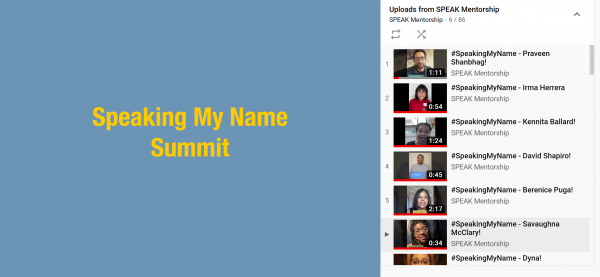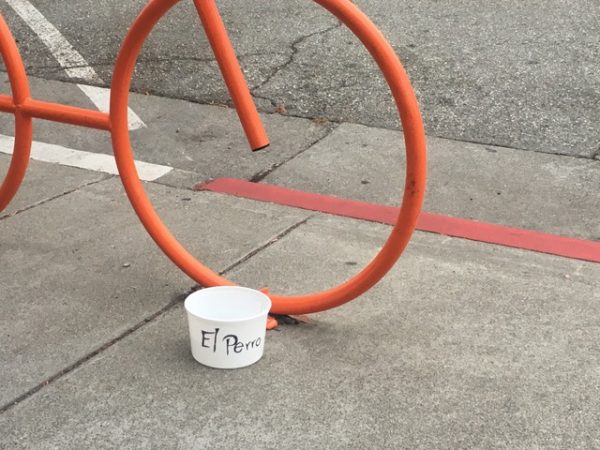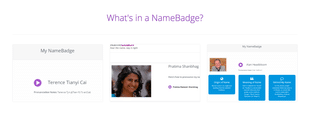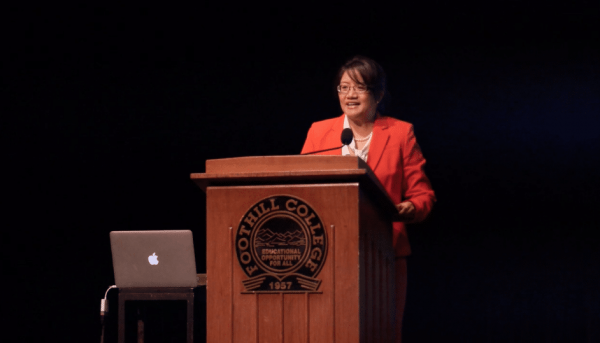It’s the first day of class in the new school year. You’ve read the names of the students on your roster. Some of them you know, and some of them have easy to pronounce names like Jack Smith. Some of the new names are a bit more challenging.
The students file through your classroom door, eyes and minds wide open to absorb what you have to teach them over the coming year. You run down the attendance list. You nail Jack Smith’s name with confidence. He beams with pride. But you stumble on Avani’s name. You can see her disappointment despite your honest and caring effort to say it right.
This same situation happens every year in classrooms around the country. Avani’s story is real. And this is the change to start a good teacher student relationship off right.
“Avani, pronounced Uv-nee, shared with one of her teachers that no one has ever pronounced her name correctly—since preschool,” says Jason Markey, principal at East Leyden High School in Illinois, where 1,761 student names are spread across 125 teachers, and more than thirty-two languages are spoken in its classrooms and students’ homes in a typical year. “This came up during a discussion in class about Mary Shelley’s Frankenstein on the importance of the creature never being named. Avani didn’t want to trouble anyone by correcting them; she shouldn’t have to.”
Throughout their education, many students have their names mispronounced over and over. It is rarely, if ever, a purposeful slight. Yet, over time, when people continually mispronounce someone’s name, it sends the unintended message of being an outsider—an “other.”
“Prolonged mispronunciation of names can lead to the development of anxiety and resentment. This may further lead to an interpretation by the person in question that his/her culture is not valued. When a student goes to school and their name is mispronounced or changed, it can negate the thought, care, and significance of the name, and thus the identity of the student.”
– Kohli, R. & Solorzano, D. (2012), “Teachers, Please Learn Our Names!: Racial Microagressions in the K-12 Classroom,” Race, Ethnicity, and Education
A growing number of schools and universities recognize that as our society and classrooms get more diverse, a commitment to inclusion, is crucial. Our names are central to our unique identities, and saying them correctly is the first step in building strong teacher and student relationships that have a lasting impact beyond that first day of school.
Part of the solution to addressing student name pronunciation is human, of being aware of the impact saying a person’s name correctly has on the other person. Generally, teachers understand this and do their best to pronounce every child’s name correctly. Every teacher we know does everything in their power to create a strong beyond with each student in their class.
And this is a place where technology can be extremely useful. NameCoach’s student name recordings make it easy to make that first impression a positive one. NameCoach inserts the students’ self-recorded name pronunciations into learning management systems like Canvas, D2L, Moodle, Blackboard, Sakai and Jenzabar, as well as other school registration systems and databases.
- Teachers can hear the recordings at any time and get students’ names right every time.
- Teachers jobs are hard enough. We make getting students names right stress-free.
Is calling role or calling on a student to answer a question just things that teachers have to do to get on with the important stuff? Or are those interactions the most important opportunities for teachers to build relationships with their students that will support student success and empowerment?
“As teachers, it is our responsibility to learn our students’ names and thus respect their identities and their cultures.”
– Ashley Lauren Samsa, “Respect the ‘Little Q’ in your Class” Teaching Tolerance




